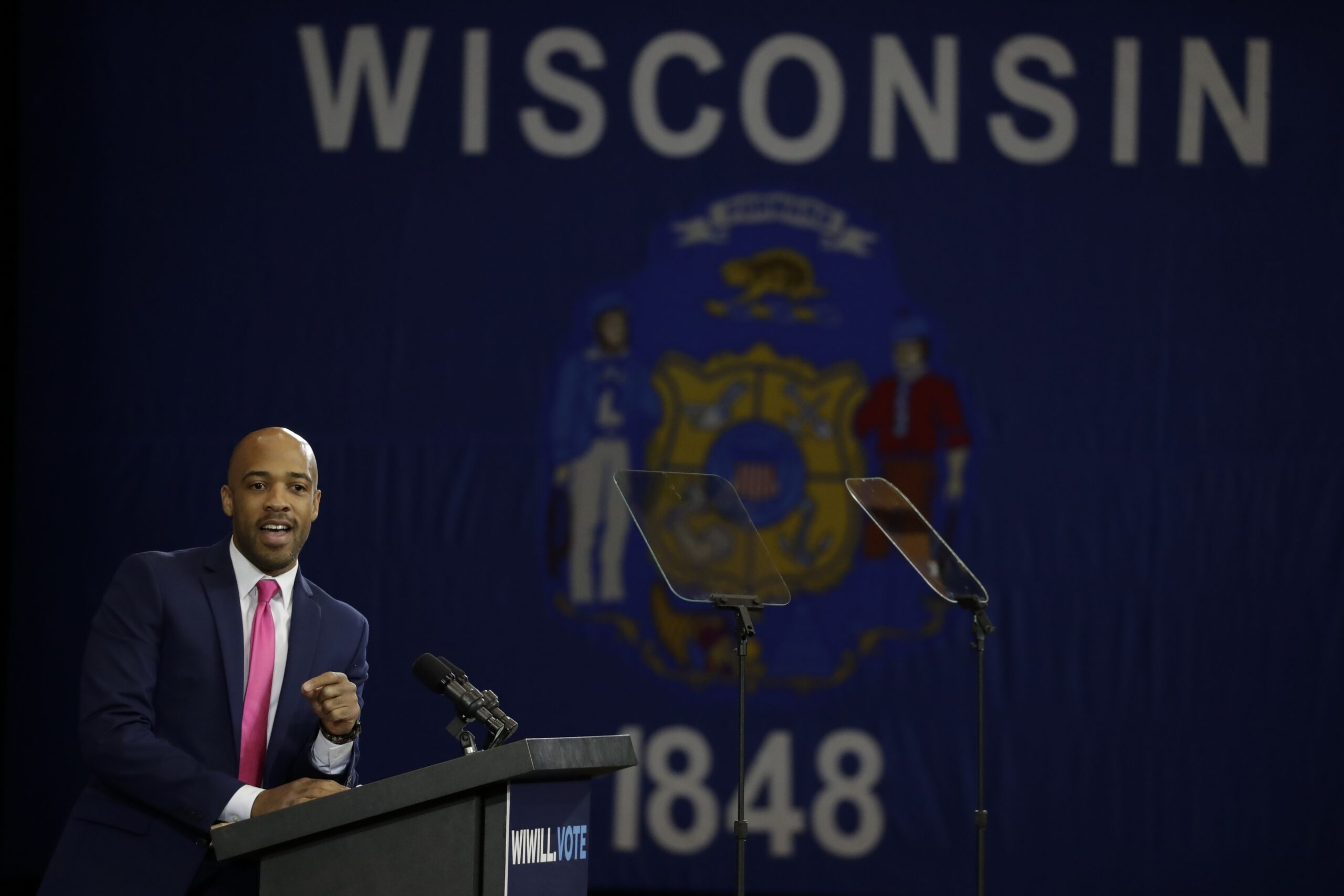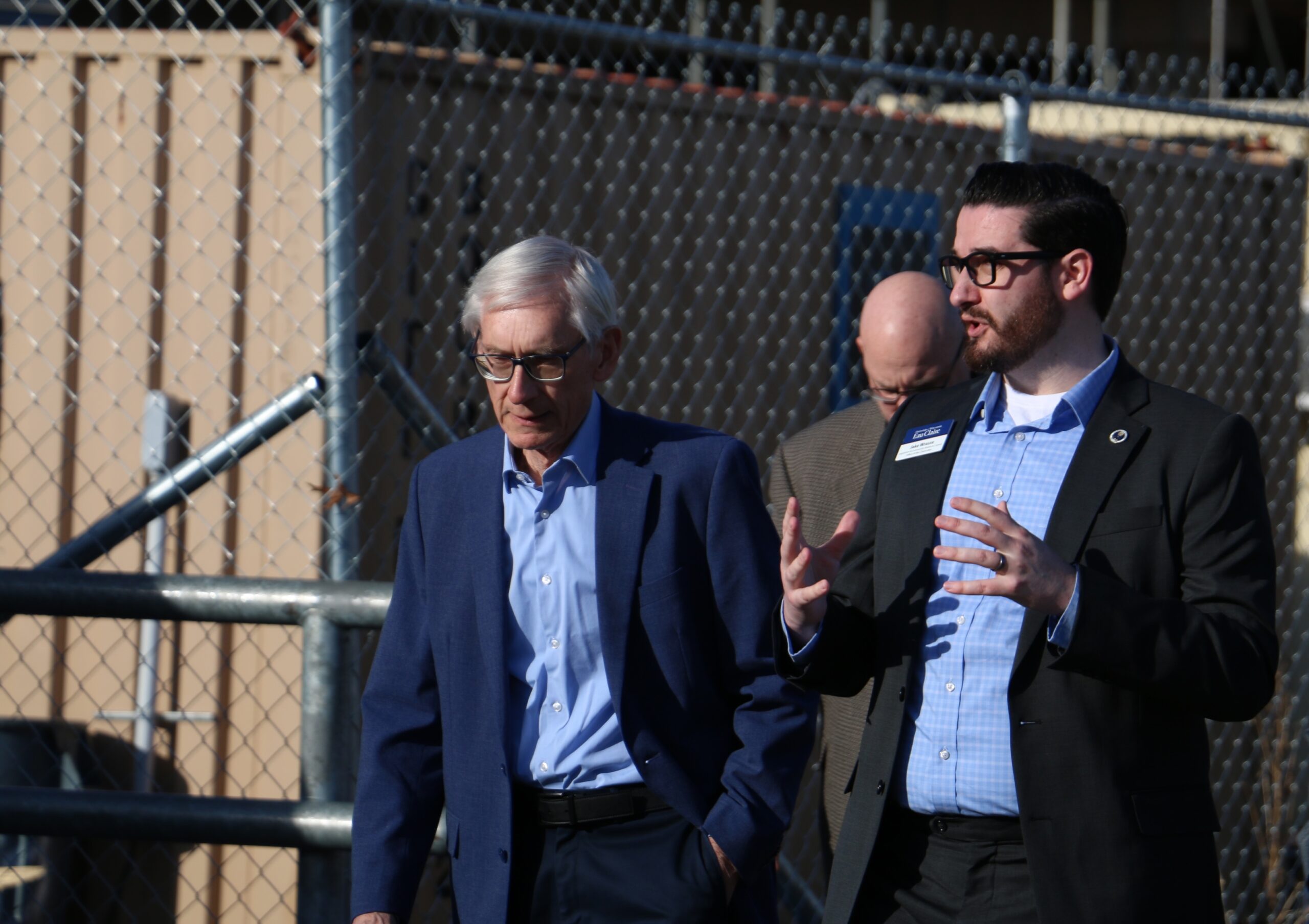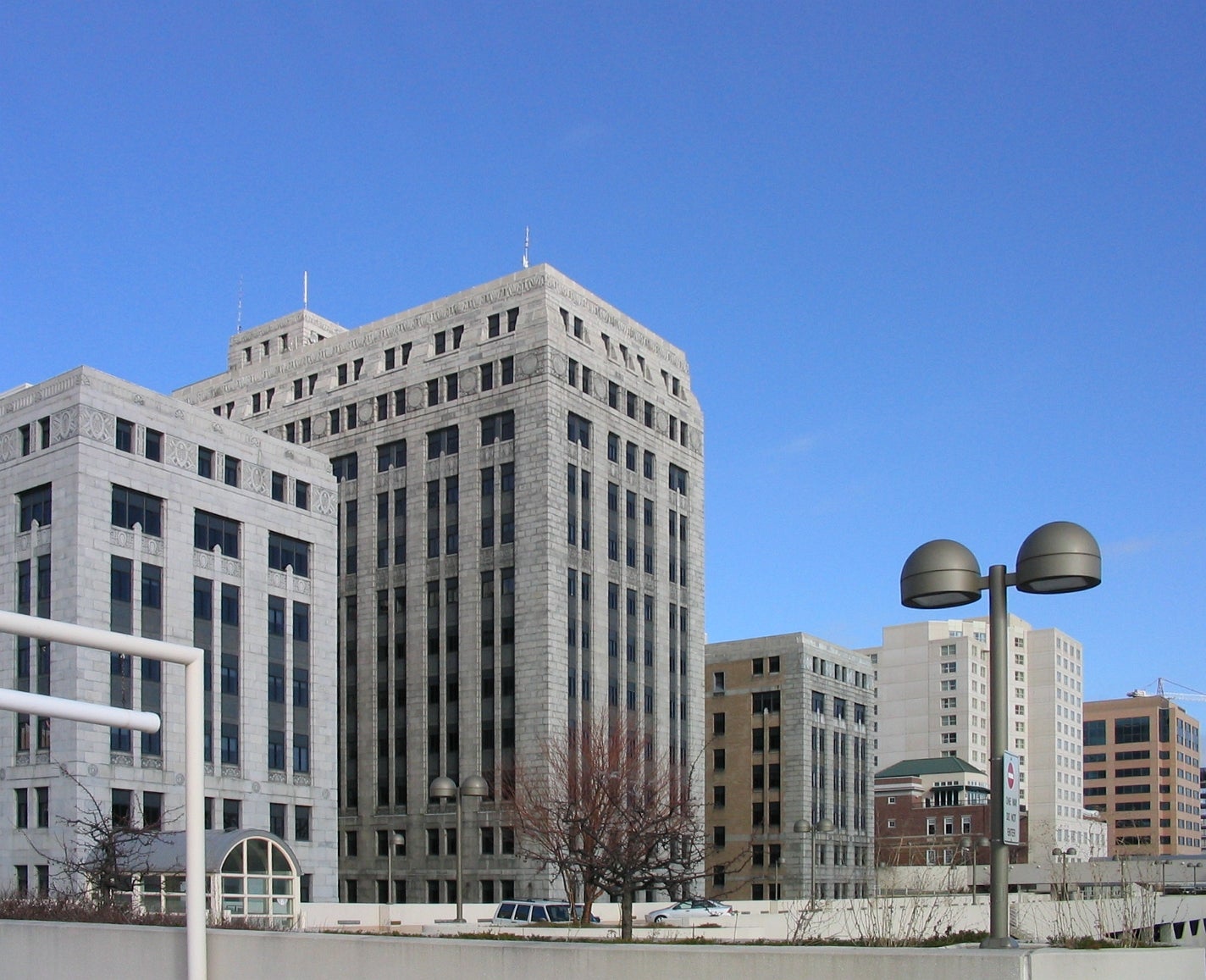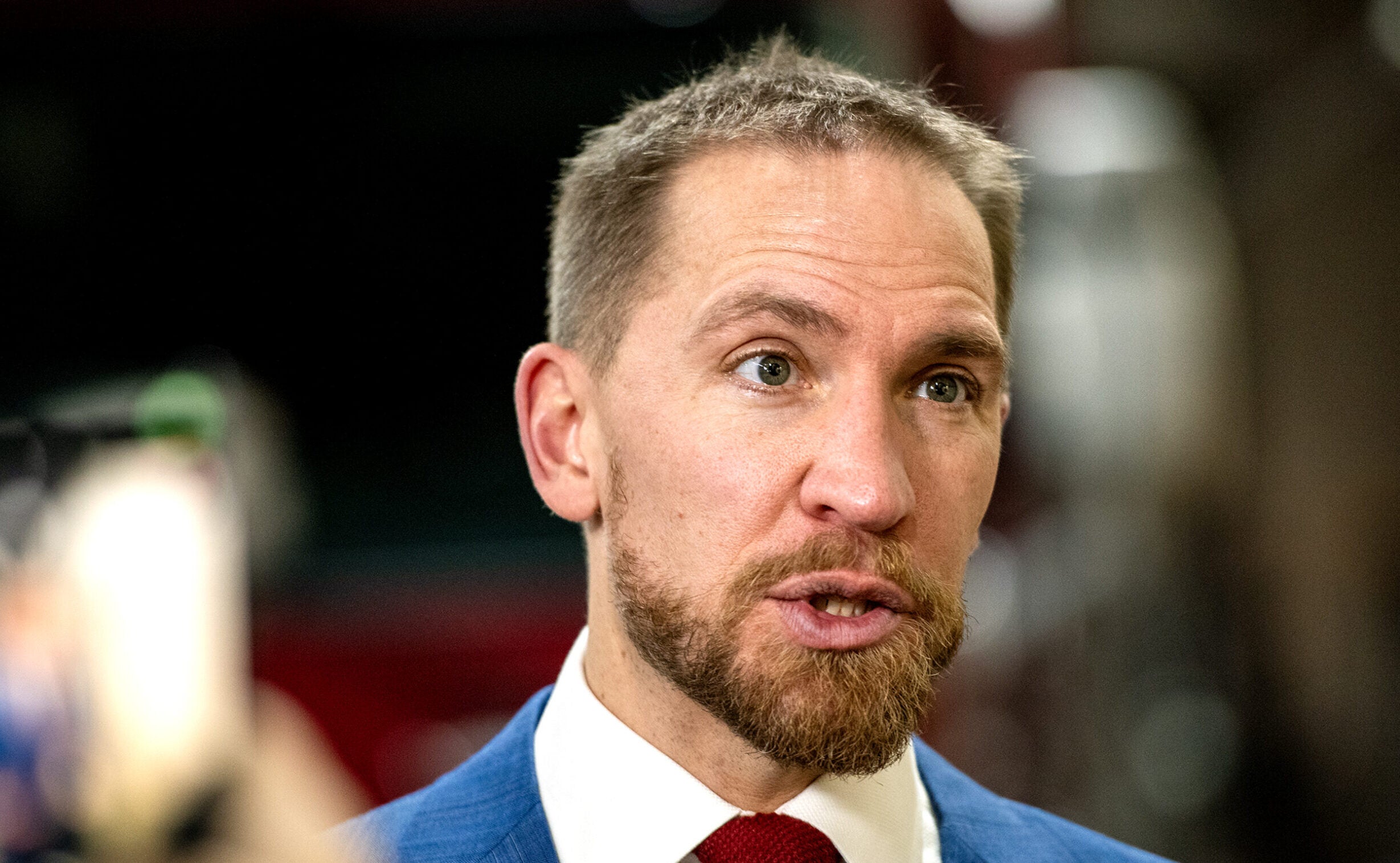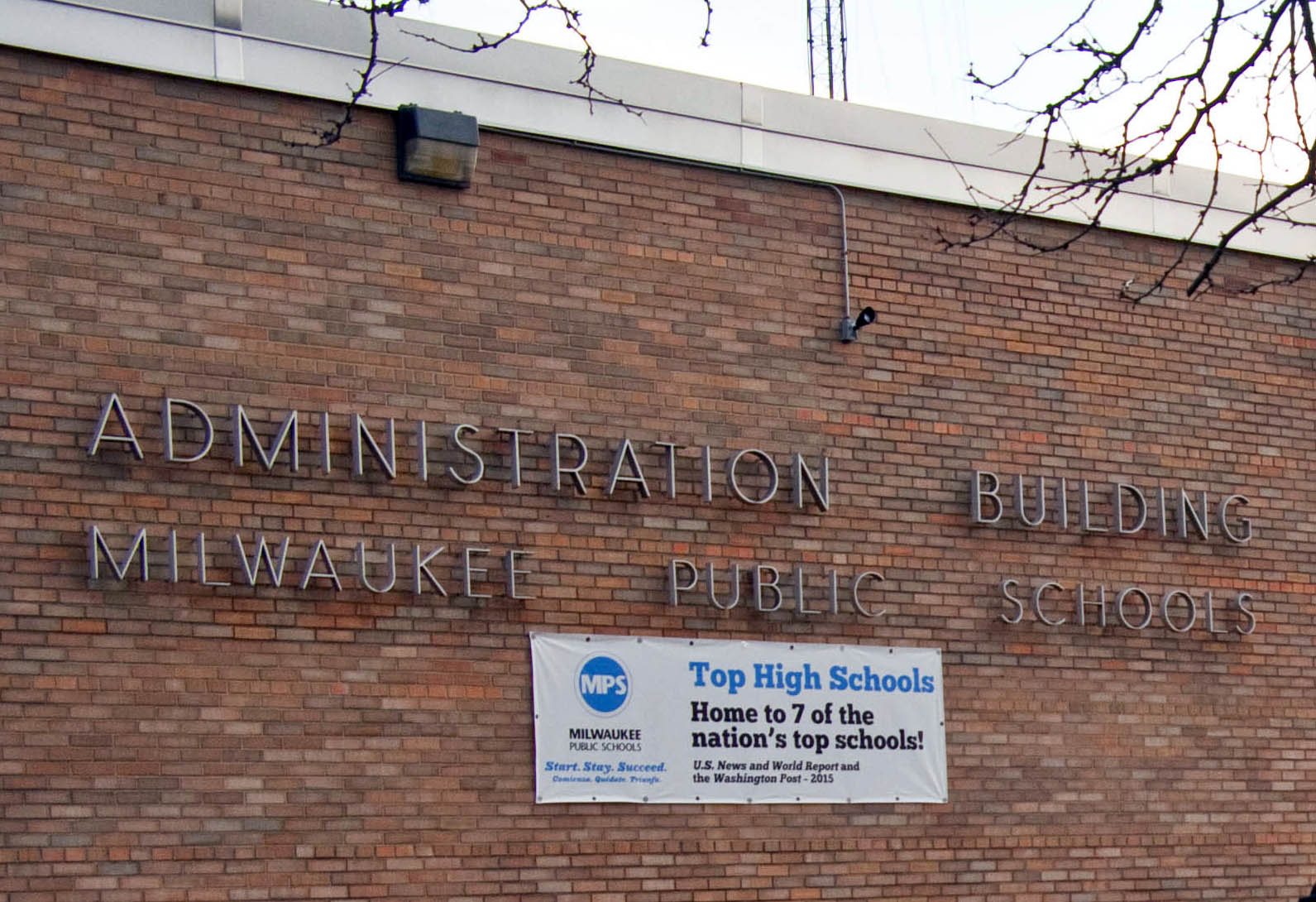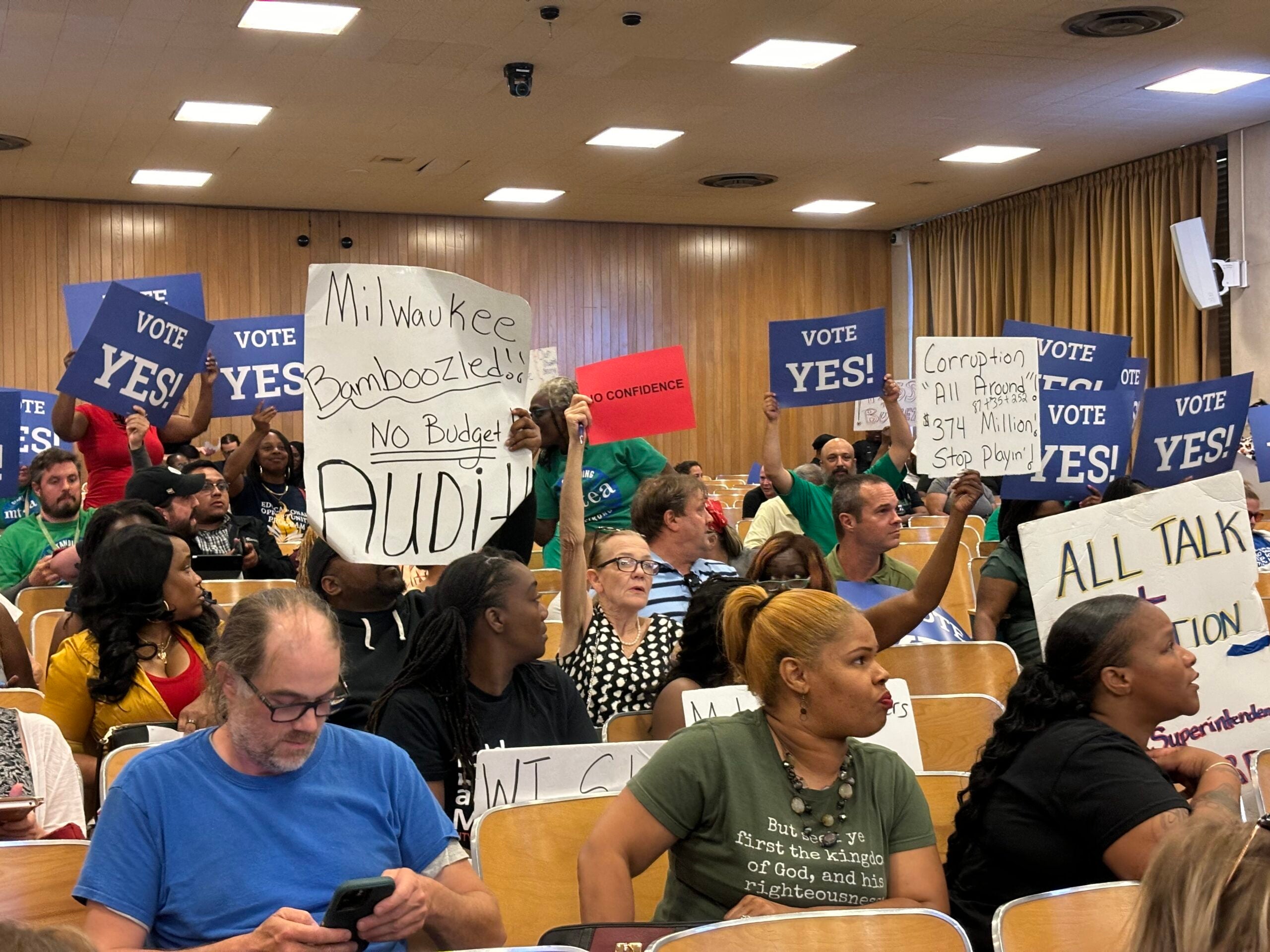In response to a claim by state Republican leadership that the governor’s budget kowtows to a Madison-centric liberal agenda, Lt. Gov. Mandela Barnes said the budget reflects the priorities of people who live in Wisconsin.
Gov. Tony Evers unveiled his $83.4 billion two-year spending plan Thursday, Feb. 28, in which he called for a gas tax increase of 8-cents-per-gallon, more school funding from the state and a Medicaid expansion.
But the plan drew criticism from some Republicans, such as Assembly Speaker Robin Vos, R-Rochester, who said the budget was created by someone who spent too much time in Madison; and Rep. Mark Born, R-Beaver Dam, who voiced concern that the budget isn’t sustainable.
Stay informed on the latest news
Sign up for WPR’s email newsletter.
In a conversation on WPR’s “The Morning Show” with host Kate Archer Kent, Barnes explained that such responses ignore shortfalls of the previous administration, such as gerrymandered districts and crumbling roads.
“This is a real plan to move the state forward in a very equitable and more sustainable way,” he said.
This interview has been edited for brevity and clarity.
Kate Archer Kent: Under the budget, the gas tax would bump up 8 cents. There are some concerned this is just a short-term solution when it comes to fixing roads. What do you tell Wisconsinites who aren’t sure about this?
Lt. Gov. Mandela Barnes: It’s a modest 8-cent gas tax increase proposal. The state of Minnesota is proposing 20 cents. Ohio, with a Republican governor, is proposing 18 cents. The fact is we have to do something immediately. This could be a more long-term fix.
However, we can’t continue to just go this way and say we’ll figure it out later and never figure it out later, because this is what has happened; that’s why you see so much deterioration on our highways, on our roads. People are frustrated, upset and tired of spending on average over $250 per person on vehicle repairs because of the poor quality of our roads.
KAK: The plan includes an increase of state spending on K-12 education by roughly $1.4 billion. If approved, it would return state government to the days when it funded two-thirds of the cost of public education. What do you think this could mean for students?
MB: I think it means more opportunity for students. Two-thirds funding will help to work to fix the funding flaw that we have in our formula that has worked to create a system of inequality all across Wisconsin. So again, this is about making sure that every child has a chance.
We can’t continue a system that allows winners and losers. When the winners and losers are children, we need to realize we’ve been doing something very wrong and we need to fix it.
KAK: What do you make of Republicans building their own budget?
MB: The fact that they want to build their own budget means that they are ignoring the will of the people. I don’t know how they craft a budget that’s more focused on the people of Wisconsin.
It says a whole lot about how they feel about the opinion of the majority of voters. People voted for a new direction and they called for change.
We put this budget together with the ideas and opinions of the people that we actually talked to.
KAK: Is there a specific policy piece that’s near and dear to your heart?
MB: It will be the clean energy piece. And the governor has signaled last month at the Renew Wisconsin summit that he was going to hand it down to the office of lieutenant governor to lead the effort on Wisconsin becoming a renewable energy leader.
Wisconsin Public Radio, © Copyright 2025, Board of Regents of the University of Wisconsin System and Wisconsin Educational Communications Board.
